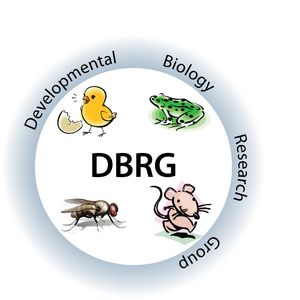
Why Study Developmental Biology?
Amazing progress has been made in our understanding of the mechanisms that are involved in development. Besides having obvious implications for birth defects, the study of developmental processes has uncovered many links with human disease. In fact, an argument can be made that many diseases that only manifest symptoms during adulthood are the result of defects that occurred during embryogenesis or result from the inappropriate reactivation of developmental pathways. Many basic science discoveries that were originally made by investigating development have now become relevant in the context of clinical research and translational science. Cancer is perhaps the best example of a disease where mechanisms and genetic pathways that were originally identified as important for normal development, were later shown to be defective in the disease state. For example, the establishment of cell polarity is critical during embryogenesis for the determination of cell fate and is accomplished by the asymmetric distribution of macromolecules, including RNAs, proteins, and organelles. The failure to maintain cell polarity is a hallmark of advanced tumors and recent evidence suggests that loss of cell polarity plays an important role in the initiation of tumorigenesis. Genes such as the Wnt, Hedgehog, and Notch families were originally discovered as mutations causing developmental defects, but are now also known to play significant roles in cancer, and are being investigated as targets for therapeutics.
 Overview of Developmental Biology Research at BUMC
Overview of Developmental Biology Research at BUMC
The discipline of Developmental Biology is well represented at Boston University and labs working on problems in Development can be found in almost every department on the Medical Campus. Many of the labs interested in Development have joined together to form the Developmental Biology Research Group (DBRG) as a way to foster the growth of Developmental Biology research, education, and training. The study of developmental mechanisms is inherently interdisciplinary and employs, embryological, genetic, genomic, cell biological, biochemical, and systems biology approaches. Therefore, another aim of the DBRG is to build collaborations among the different labs who employ diverse experimental approaches and different model organisms.


